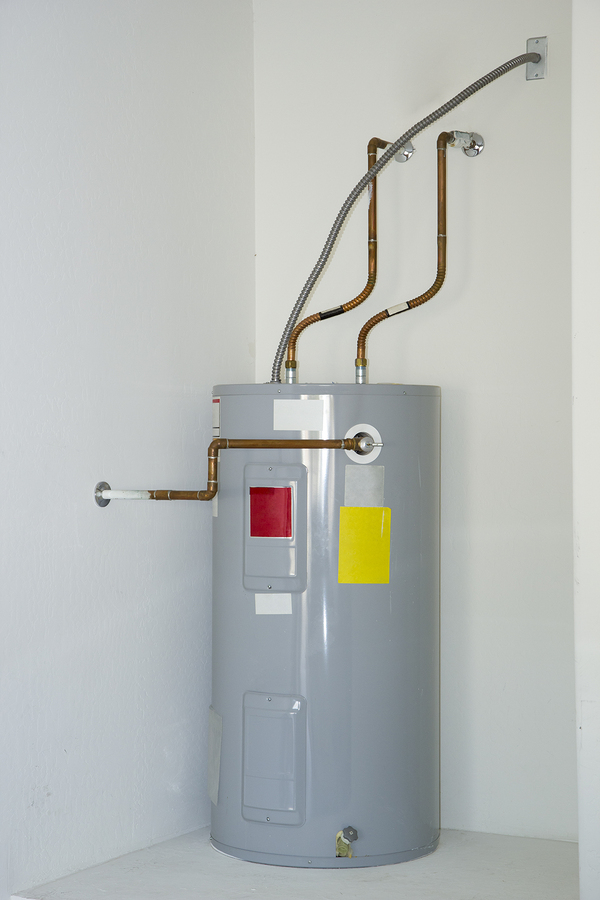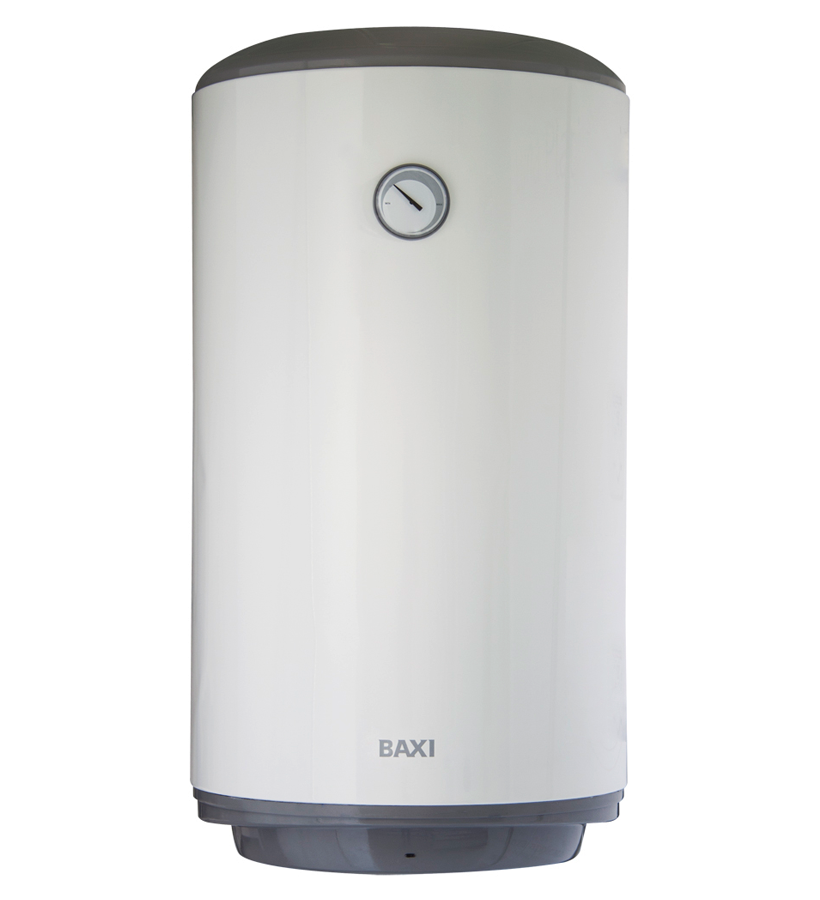Essential Recommendations for Homeowners Handling Malfunctioning Water Heaters
Essential Recommendations for Homeowners Handling Malfunctioning Water Heaters
Blog Article
Do you find yourself on the lookout for info about Maintaining & Draining a Water Heater?

Whether it is located in the basement or a separate space, damaged water heaters can cause anxiety. A common system holds 80 gallons, so an overnight leak will bring about a flooding. This causes significant building damages with drenched walls and floorings. Having no hot water supply is additionally troublesome. If you are handling these concerns, keep in mind of the following:
Turn Off Source Of Power
Prior to calling the plumber, closed off a gas water heating system by turning the temperature dial. This will certainly stop electrocution, especially if there is a leakage as water is a conductor. Commonly, the home heating component shuts off when the water hits a particular temperature level.
Cut Off the Cold Water Supply
Cut off the tanks touch water supply from the source. When your storage tank is in excellent problem, the cool water quits filling up when the storage tank is full. If you can not find it or reach it, you need to transform off that primary water supply line outside your home.
Call the Plumber
After doing the very first two security actions, you have to call your plumber to find right away to fix a ruptured water heater. Nonetheless, bear in mind that your device will not just conk out significantly overnight. There are typically indications that your aging hot water heater has sediment buildup in the inside. Bear in mind of the following:
Do not wait for major flooding to call the plumber. By then, you will certainly need to spend even more to restore your home. Rather, as soon as you detect these signs, have a professional pertained to examine your hot water heater give thanks to. Generally, water heaters have a lifespan of regarding 8 to 12 years. With routine evaluation and upkeep, you can lengthen its life.
Tidy up Building
After calling the plumber, record damage by bearing in mind and also images so you can declare your home owner's insurance. From there, start the immediate cleanup. Take out any important possessions to stop more saturating. Eliminate any standing water to prevent mold and mildew and also mildew development. Use that to drain pipes the water if you have a submersible water pump. Or else, the standard pail technique will likewise work. Attempt to mop out every little thing, including walls as well as wall surfaces. If you have an electric follower and dehumidifier, maintain them running to keep air flowing. This will certainly help discourage mold and mildew development.
Keep in mind, if you notice any type of concerns with your water heater, call the pros right away. You can not take this issue gently due to the fact that a defective thermostat can raise water temperature to an alarmingly high degree, leading to unintended burns.
Whether it is located in the basement or a separate room, busted water heaters can create stress and anxiety. Prior to calling the plumber, closed off a gas water heating system by turning the temperature dial. After doing the very first 2 security steps, you should call your plumber to come right away to take care of a ruptured water heating system. If you have a submersible water pump, use that to drain the water. Remember, if you notice any issues with your water heating unit, call the pros right away.
Is My Water Heater Broken?
The Water Heater is Old
No appliance will last forever. This includes a home’s water heater. During its lifespan, residents are going to face a situation where a new water heater installation will be necessary. The biggest problem with this is that most people are not sure when their water heater expires. Not knowing this can lead to serious risks if the unit begins to act up due to old age.
Most makes and models of water heaters will last between eight and 10 years. While 10 years is the age when water heater replacement is highly recommended, the need to replace the unit may occur before this time or after. If the unit doesn’t show any symptoms of a problem, it is a good idea to replace it at the 10-year mark (from the manufacture date).
Some of the symptoms that indicate a new unit is needed include rusting, leaks, noises, and a failure to heat up the water. Also, note that not all units have a 10-year life expectancy. The main exception to this rule is that a gas unit will last for six to eight years.
Rusty Heater Inlet Valve or Water
While steel is the strongest material on earth, it does have a weakness – rust. If corrosion occurs on a steel surface, it will begin to spread and eat through the steel in certain areas. On water tanks and pipes that are made of steel, rust is a warning sign of an impending leak.
The issue for many is trying to figure out if the rust is coming from the water heater or the pipes that lead to the faucet. If rust is seen, it is a clear indication that water heater service from the professionals is needed.
If rusty water appears out of the faucets in the bathtub or sink, it likely means a rusty water heater. If there is rust near the water inlet or the pressure relief valve, rust has likely developed inside the tank. If tap water appears rusty, it may be an issue with the pipes.
Strange Sounds from the Water Heater
Are there strange sounds coming from the tank? As a water heater gets older, rumbling noises may develop and get louder and louder as the water in the tank heats up. In homes where large amounts of hot water are used, the issue is likely going to be even more obvious when more serious issues arise. If there is a strange or loud noise coming from the unit, it is probably because of sediment buildup. A good way to remedy this problem is by flushing the heater. If this does not work, then a new unit may need to be installed.
Leaks
As a water heater gets closer to the end of its useful life, there is a higher chance there will be water around the tank. If there is water, this usually means leaks are occurring. Based on where the unit is located in the home, a leak may result in serious property damage.
Leaks are usually caused by expansions in the metal tank. The expansions occur as time passes and as the inside body of the tank is exposed to multiple heating cycles per day. When a fracture forms, the gap will be slight enough to hold the water in; however, in more serious situations, this will not be the case. If the tank is idle, the water will not leak but when the metal expands during each heating system, small amounts of water will get through the gap.

I'm just very fascinated by Maintaining & Draining a Water Heater and I am praying you enjoyed the entire article. Those who enjoyed reading our blog posting plz don't forget to share it. Thank you so much for going through it.
Perfect solution? Dial! Report this page